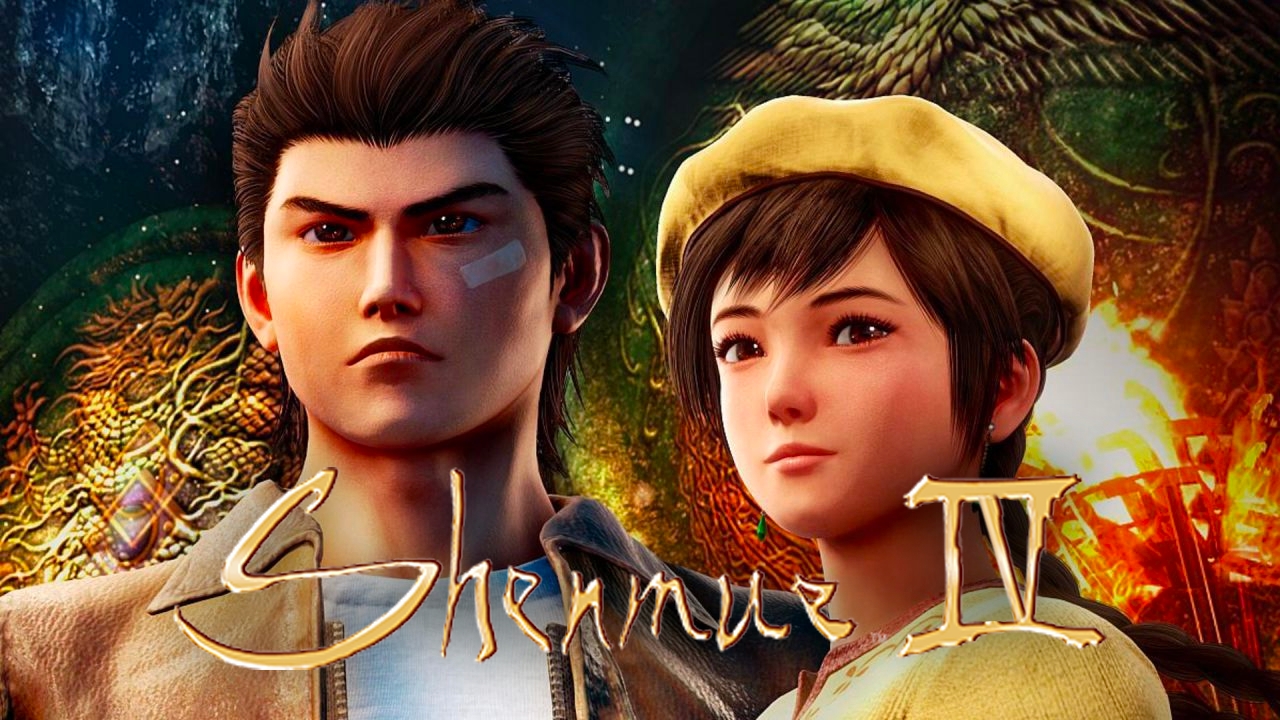
The Philosophy of Revenge Analyzing Ryo Hazukis Quest in Shenmue
The Philosophy of Revenge: Analyzing Ryo Hazuki's Quest in Shenmue
In the realm of video games, few narratives capture the intricacies of human emotion quite like Ryo Hazuki's quest for vengeance in the iconic series, Shenmue. Set against the backdrop of late 1980s Japan and Hong Kong, Ryo's journey is not merely about seeking revenge for his father's murder but explores profound themes of honor, justice, and the philosophical implications of retribution. Through immersive storytelling, the game invites players to reflect on the consequences of revenge, with Ryo's experiences serving as a mirror to our own moral dilemmas.
The Burden of Revenge
At the heart of Ryo Hazuki's story lies the burden of revenge. Following the brutal murder of his father, Ryo finds himself driven by an insatiable desire to avenge not just his father's death but the undermining of his family's honor. This compulsion, however, is illustrated throughout the series as a heavy weight that manipulates Ryo's life choices. The philosophy of revenge, as depicted in Shenmue, questions whether the pursuit of vengeance can ever truly lead to personal satisfaction. Ryo becomes a quintessential tragic hero, caught in the cyclical nature of violence and retaliation. With every step he takes towards vengeance, it is clear that he is sacrificing his innocence and potentially losing himself in the process.
The Complexity of Justice
Ryo's quest also brings to light the complexities involved in distinguishing justice from revenge. As he ventures deeper into the world of martial arts and confronts various challenges, Ryo meets numerous characters who reflect different philosophies regarding vengeance. Some advocate for forgiveness, suggesting that letting go of anger leads to true peace, while others revel in the idea of retribution. This juxtaposition raises vital questions about the ethics of revenge. Is it just to punish those who have wronged us, or does the act of revenge perpetuate a cycle of violence? Through his experiences, Ryo ultimately comes to understand that justice cannot be achieved through revenge alone; it requires introspection and the ability to let go of past grievances.
The Influence of Shenmue Merchandise
The impact of Ryo's journey extends beyond mere gameplay; it has permeated popular culture, especially through Shenmue Official Merch. Fans of the franchise express their affinity for Ryo's character, symbolizing their connection to the philosophical themes the game explores. Merchandise items, from apparel to collectibles, not only serve as tokens of fandom but also as reminders of the lessons learned through Ryo’s experiences. Each product encapsulates the essence of Shenmue and its deep narratives, encouraging discussions about vengeance, justice, and the human experience. Collecting Shenmue merchandise fosters a sense of community among fans who share an appreciation for Ryo's evolution and the profound lessons woven into the storyline.
Redemptive Lessons from revenge
Ultimately, Ryo Hazuki's journey in Shenmue becomes a poignant examination of the philosophy of revenge, offering players and fans alike a multitude of reflections. The quest reveals that revenge may initially feel justified, but it often leads to an endless cycle of sorrow and regret. Ryo's transformation over the course of his adventures intuitively demonstrates the idea that true strength lies not in vengeance but in the ability to overcome the urge to retaliate. Shenmue teaches us about forgiveness and the importance of finding inner peace, emphasizing that the most significant battles we fight are often within ourselves.









